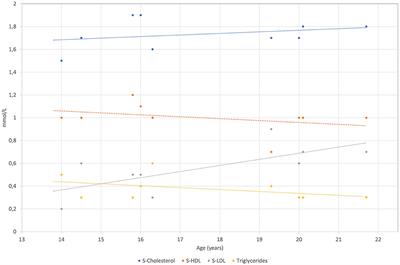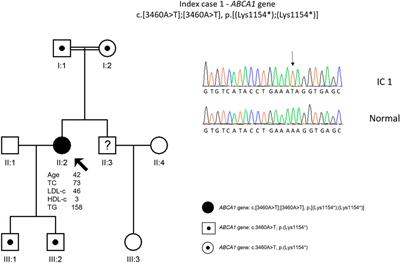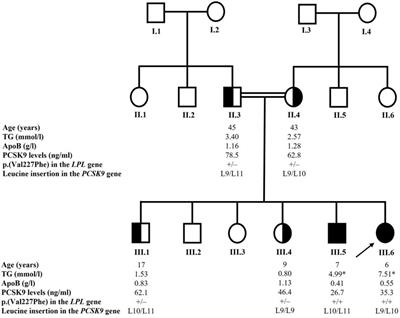EDITORIAL
Published on 17 Jul 2023
Editorial: Rare dyslipidemias
doi 10.3389/fgene.2023.1248435
- 2,091 views
- 6 citations
14k
Total downloads
48k
Total views and downloads
EDITORIAL
Published on 17 Jul 2023
BRIEF RESEARCH REPORT
Published on 13 Jun 2023

ORIGINAL RESEARCH
Published on 17 Apr 2023

CASE REPORT
Published on 04 Jan 2023

BRIEF RESEARCH REPORT
Published on 27 Sep 2022

REVIEW
Published on 20 Sep 2022

ORIGINAL RESEARCH
Published on 22 Aug 2022

ORIGINAL RESEARCH
Published on 19 Aug 2022

ORIGINAL RESEARCH
Published on 16 Aug 2022

BRIEF RESEARCH REPORT
Published on 16 Aug 2022

ORIGINAL RESEARCH
Published on 14 Jul 2022

BRIEF RESEARCH REPORT
Published on 12 Jul 2022

